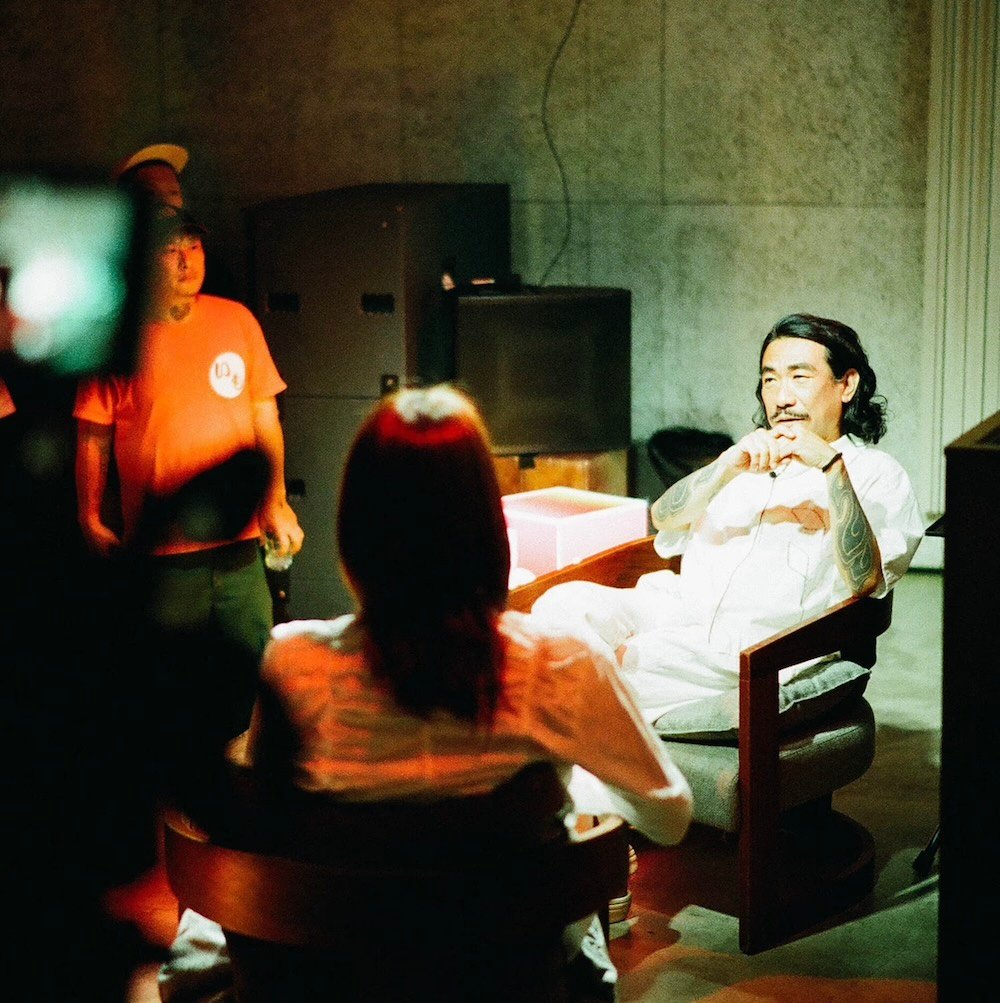Beatport’s Sofia Ilyas on Building Global Communities and Championing Diversity in Electronic Music

Through her work at Beatport, Sofia Ilyas is redefining what it means to build community in the music industry.
With a sharp focus on diversity and inclusivity, Ilyas’ C-suite role as Chief Community Officer at Beatport has been a career in the making.
Having dedicated the last 15 years to supporting emerging artists, subgenres and underrepresented groups, her tenure as co-manager of indie record label Erased Tapes (Nils Frahm, Ólafur Arnalds) led to the bridging of classical and electronic genres in a way that cemented the label as a global independent powerhouse.
Then in 2015, Ilyas co-launched Piano Day with Nils Frahm. Held on the 88th day of the year (a reference to the 88 keys on a standard piano), the Piano Day event series unwittingly prepared Ilyas for her current magnum opus.
While Beatport has been the home of electronic music for DJs, producers, and their fans since 2004, Ilyas has spent the past few months bringing Beatport’s community-focussed offering to real-life spaces, with global events in New York, Tokyo, and just last week, Melbourne.
The free event series, curated in partnership with International Music Summit (IMS), offers an evening of inspiration, education, and music, allowing attendees to network with some of the music industry’s most influential professionals.
Beatport and IMS took over Howler in Melbourne on September 12th for a DJ workshop hosted by Anna Lunoe; a panel discussion with SHOUSE, Nina Las Vegas and CaucasianOpportinites, as well as a talk by Ilyas delivering industry insights.
Ahead of the Melbourne event, Sofia spoke to TMN to share insights on her role, the state of diversity in electronic music, and her passion for empowering local talent.
Q: What are your specific goals for hosting an event like this in Melbourne?
Sofia Ilyas: We want more established local artists to give back to the community that supported them and for emerging artists to be inspired by hearing directly from them. It’s important that these events aren’t dominated by international artists but focus on talent that comes from the local scene.
There’s something incredibly powerful about seeing someone from your hometown achieve global success. We also want industry figures, like record labels and booking agents, to attend, to open doors for young artists who often feel shut out.
One of the biggest complaints from emerging artists is how doors are closed when they first start out. Events like this are about breaking down those barriers.
Everyone is in the same room, on the same level, and accessible to each other. Whether it’s established artists, booking agents, or labels, the goal is to create an environment where young talent can network and have meaningful conversations.

Beatport Presents: IMS Connect Tokyo
You’re in a newly created role as Chief Community Officer at Beatport. What made you take on this challenge, and what have been some of the pros and cons of stepping into a newly created position?
Ilyas:: When I saw the job description, I knew it was meant for me. It’s a role that focuses on diversity, which has always been important to me. Coming from a male-heavy industry, being a Pakistani woman, I’ve been acutely aware of how diversity—or the lack of it—impacts the industry. I get to use both my music industry expertise and my lived experience to make a real difference.
But with a newly created role, there’s always the challenge of defining what it should be. In the beginning, I struggled with that clarity.
Within the first month I understood very quickly that I needed more expert opinions and I hired Vick Bain, who’s been in this space for over 20 years, she’s written multiple papers. And luckily for me she agreed to be a mentor to me. Having her support was a game-changer, and things really accelerated from there.
How do you measure success in a role like this? Are there key performance indicators (KPIs) tied to your work, or is the focus more on the broader impact?
Ilyas: The KPIs are largely ones I’ve created myself, which has given me a lot of freedom. We execute at least one event a month globally. We also have the Diversity + Parity Fund, where we allocate $150,000 annually to support collectives. For me, the success of these initiatives is not just about numbers but about the long-term impact on the community.
What’s your big vision for the future of these events and Beatport’s role in the global music community?
Ilyas: I’d love to expand these events on a much larger scale. Ideally, I want to connect with local collectives in more cities and provide financial support under the Beatport banner. It’s not just about me or my team running everything; it’s about empowering local communities to take the lead.
My dream is to have these kinds of events happening regularly across the world, where Beatport is known for bringing communities together and fostering real connections. That’s my long-term vision.






























